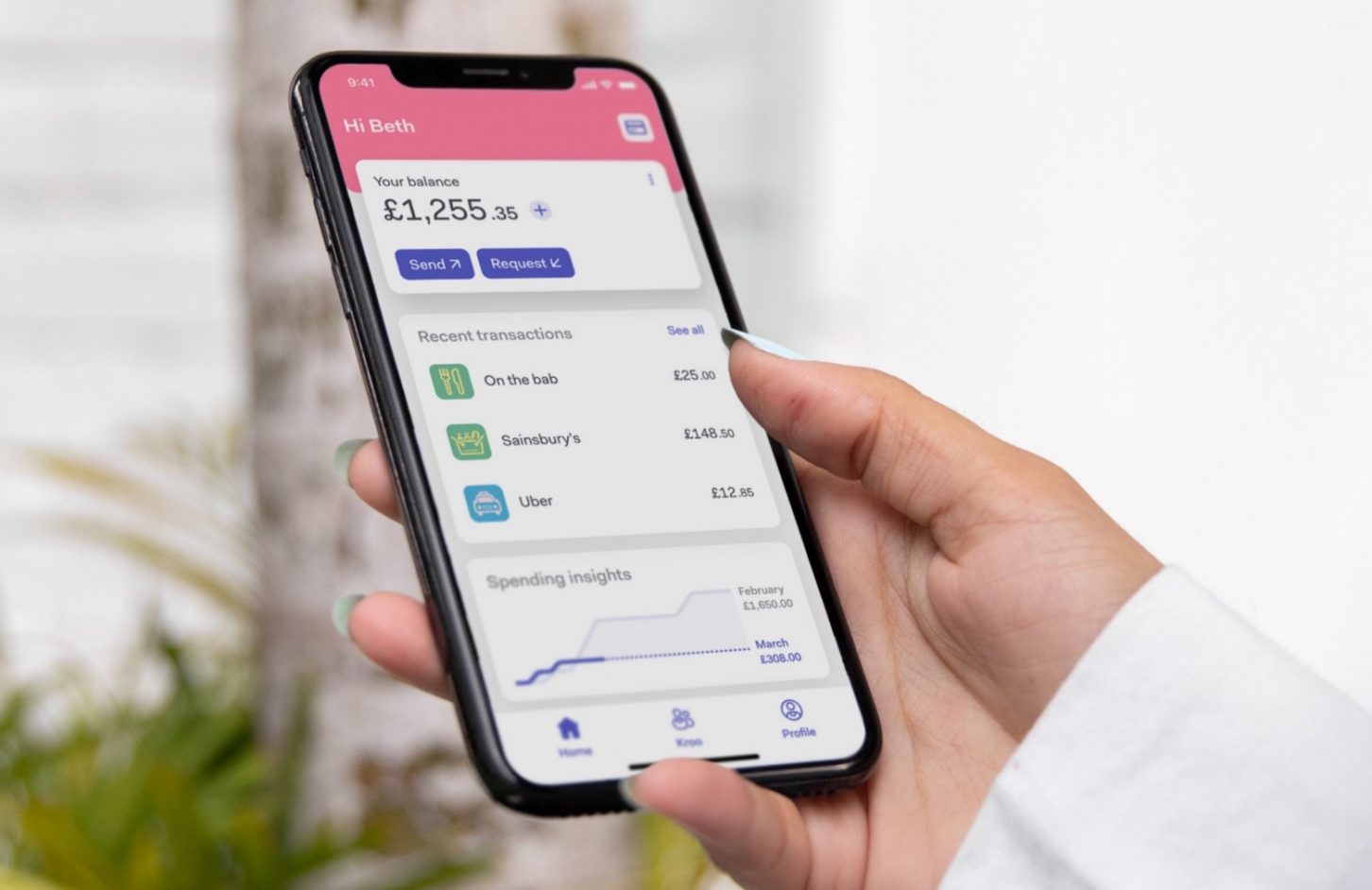A recently launched challenger bank that has already amassed more than $70m (£56m) in investment and £765m in deposits might not seem like the prime candidate for a crowdfund. But for Kroo Bank, it’s a decision that goes beyond raising extra cash.
Kroo, which began operating as a bank in 2022, won over customers early on with an influx of cost-of-living crisis-struck users looking to take advantage of its current account offering 4.35% interest.
In fact, a surge in new customers temporarily overwhelmed its application systems after the challenger bank was recommended by financial journalist Martin Lewis back in February. It now has more than 145,000 account holders.
Now, the fintech is turning to retail investors and launched a funding campaign on Crowdcube earlier this month. In just hours it breezed past its initial target of £1m. As crowdfunding rounds typically go, it’s an impressive feat – but then again, most Crowdcube projects aren’t starting out with a valuation north of $150m.
“The reason for us to do the crowdfunding is not to raise money,” Kroo CEO Andrea De Gottardo told UKTN.
De Gottardo said the campaign was launched as an opportunity to “allow our customers and other retail investors to get involved, to join us on this journey”.
“A lot of our customers have been asking for quite some time since our launch, whether they could invest in Kroo. It’s mostly to enable people to join us on the journey, to create a sense of community rather than purely for the money raised there.”
The Kroo CEO said his “long-term dream” for the company is to be predominantly customer-owned.
“If you really want to be a different bank, if you really want to be a bank for good that customers can trust, what’s better than being a bank that is owned by its customers?”
Kroo Bank eyes profitability in 2025
De Gottardo claims that embracing the Kroo community and offering its customers the services they ask for has allowed the company to grow much faster than rivals in the banking sector and will propel the firm to speedy profitability.
Monzo secured a banking licence in 2017 and, after becoming one of the most popular challenger banks in the country, achieved its first profitable month six years later in 2023. Atom Bank was licensed in 2015 and reached profitability this year and Starling Bank was licenced in 2016 and hit profitability last year.
“According to [Kroo’s] model, we’re actually planning to become profitable, significantly faster than any other new UK bank,” De Gottardo said.
“Actually, around two times faster than any other UK bank with a current account.”
According to the company’s own projections, Kroo will likely become profitable in 2025, just three years after its licence was granted.
The Kroo CEO’s ambitious pace goes beyond profitability as well, as he also hopes the company’s speedy growth will extend to an initial public offering (IPO).
While De Gottardo declined to share a specific timeframe for an IPO, he said the key conditions he wants to meet before a float are profitability, an increased market share and wider brand awareness.

